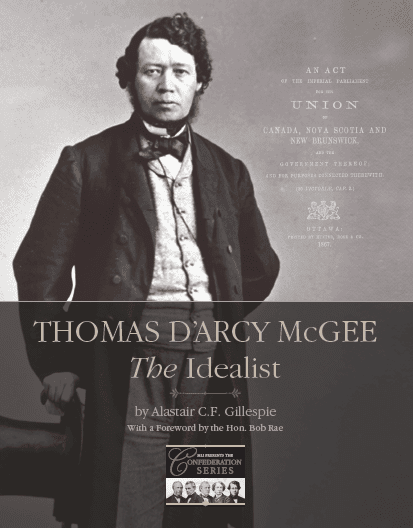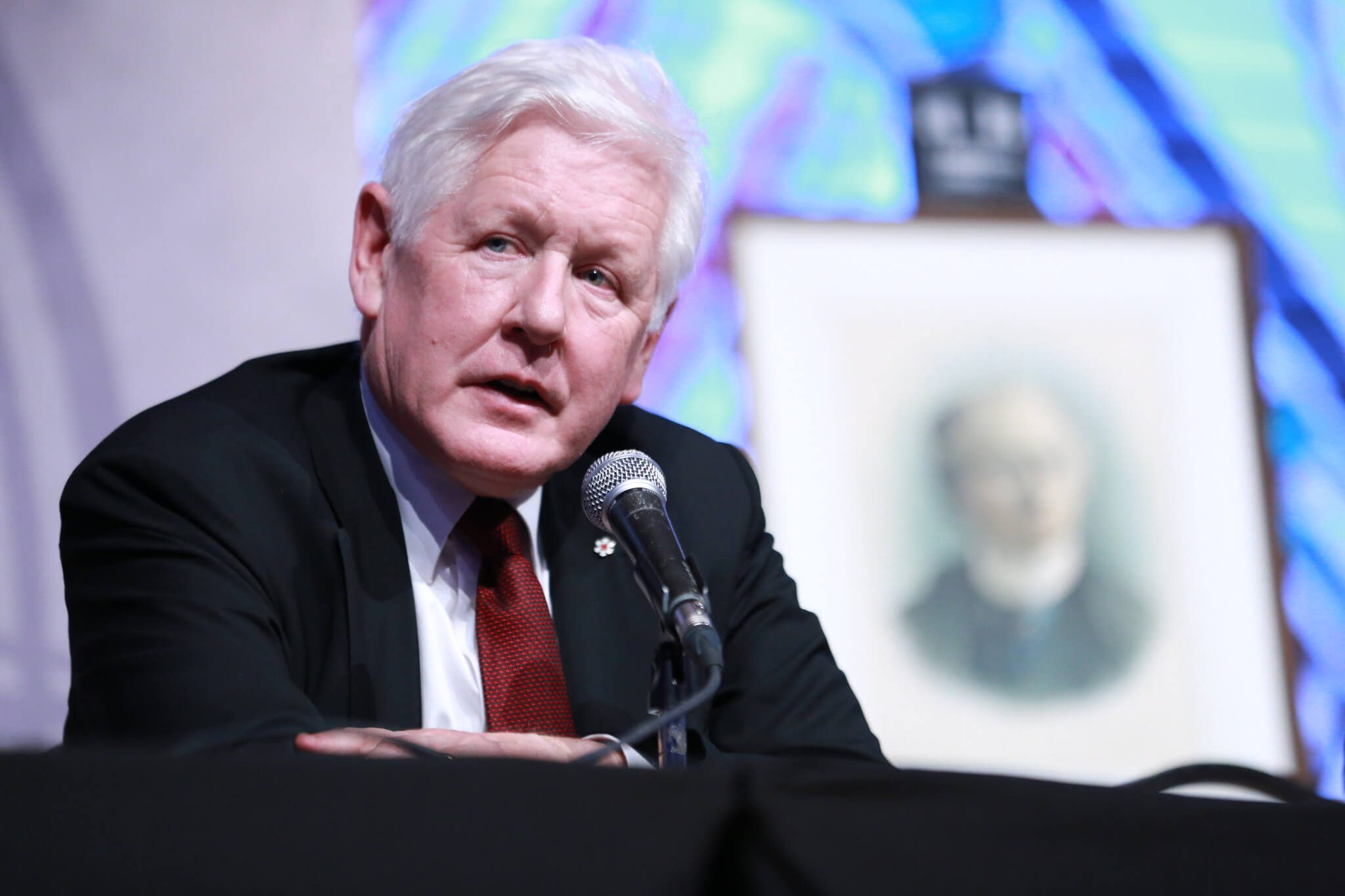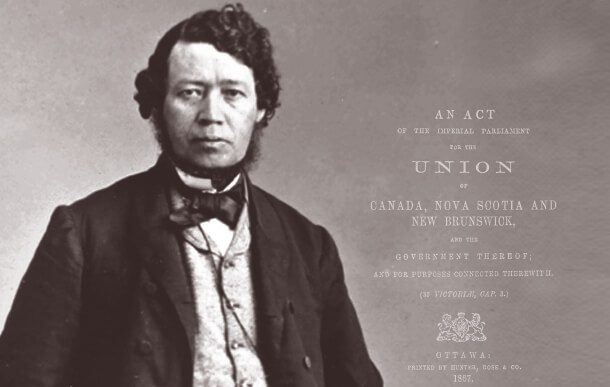- Home
- About
- Experts
- Issues
- Projects
- CNAPS (Center for North American Prosperity and Security)
- The Promised Land: The Israel-Hamas war and the future of the Jewish community in Canada
- Dragon at the Door
- Justice Report Card
- The Great Energy Crisis
- DisInfoWatch.org
- Past Projects
- Canada and the Indo-Pacific Initiative
- The Transatlantic Program
- COVID Misery Index
- Speak for Ourselves
- The Eavesdropping Dragon: Huawei
- Talkin’ in the Free World with Mariam Memarsadeghi
- An Intellectual Property Strategy for Canada
- Munk Senior Fellows
- A Mandate for Canada
- Confederation Series
- Fiscal Reform
- The Canadian Century project
- Fixing Canadian health care
- Internal trade
- From a mandate for change
- Size of government in Canada
- Straight Talk
- Labour Market Report
- Leading Economic Indicator
- Centre for Advancing Canada’s Interests Abroad
- Indigenous Prosperity at a Crossroads
- Events
- Latest News
- Inside Policy
- Libraries
- Home
- About
- Experts
- Issues
- Projects
- CNAPS (Center for North American Prosperity and Security)
- The Promised Land: The Israel-Hamas war and the future of the Jewish community in Canada
- Dragon at the Door
- Justice Report Card
- The Great Energy Crisis
- DisInfoWatch.org
- Past Projects
- Canada and the Indo-Pacific Initiative
- The Transatlantic Program
- COVID Misery Index
- Speak for Ourselves
- The Eavesdropping Dragon: Huawei
- Talkin’ in the Free World with Mariam Memarsadeghi
- An Intellectual Property Strategy for Canada
- Munk Senior Fellows
- A Mandate for Canada
- Confederation Series
- Fiscal Reform
- The Canadian Century project
- Fixing Canadian health care
- Internal trade
- From a mandate for change
- Size of government in Canada
- Straight Talk
- Labour Market Report
- Leading Economic Indicator
- Centre for Advancing Canada’s Interests Abroad
- Indigenous Prosperity at a Crossroads
- Events
- Latest News
- Inside Policy
- Libraries
The MLI Confederation Project:

Thomas D’Arcy McGee, The Idealist
Born 13 April 1825 in Carlingford, Ireland; died 7 April 1868 in Ottawa, Ont.
Thomas D’Arcy McGee arrived in Canada in 1857, asked by members of the Irish community of Montreal to edit a newspaper. In short order McGee became one of Confederation’s most gifted and prominent advocates, using his broadsheet to call on Canadians to found a nation. In the New Era’s first editorial, McGee argued that simple justice could unite disparate peoples under a new Canadian constitution: “Justice between class and class, and Province and Province, between creed and creed, between man and man, this must constitute the glory, the safety, and the strength, of this new country.”
The Irish Catholic McGee began his political career in a conflicted alliance with George Brown and the Protestant forces of Upper Canada reform. He crossed the floor and took part as a Liberal-Conservative in the set-piece final acts leading to Confederation, serving as Minister of Agriculture in the Great Coalition. His sheer eloquence has attracted generations of Canadians, and his speeches reveal Canadian ideas on unity, diversity and liberty that remain compelling today. McGee’s clash with the Fenian brotherhood led to his assassination in the early morning of April 7, 1868, on the doorstep of his Sparks Street lodgings in Ottawa.
For more on McGee refer to the Dictionary of Canadian Biography.
The Macdonald-Laurier Institute is pleased to showcase the fourth paper of its Confederation Series, written by Munk Senior Fellow Alastair Gillespie, with a foreword by Bob Rae, former premier of Ontario and interim leader of the Liberal Party of Canada.
This paper examines Thomas D’Arcy McGee’s role in the birth of Confederation as an advocate for the federal union of British North America, a defender of minority rights within Confederation, and an ardent opponent of religious and national sectarianism.
To read the full paper, titled “Thomas D’Arcy McGee: The Idealist,” click here.
Speeches, Founding Documents
Newsletter Signup
|
|
Thank you for Signing Up |


Macdonald-Laurier Institute
323 Chapel Street, Suite #300
Ottawa, Ontario, K1N 7Z2 Canada
613.482.8327
Support Us
Support the Macdonald-Laurier Institute to help ensure that Canada is one of the best governed countries in the world. Click below to learn more or become a sponsor.
© 2023 Macdonald-Laurier Institute. All Rights reserved.


